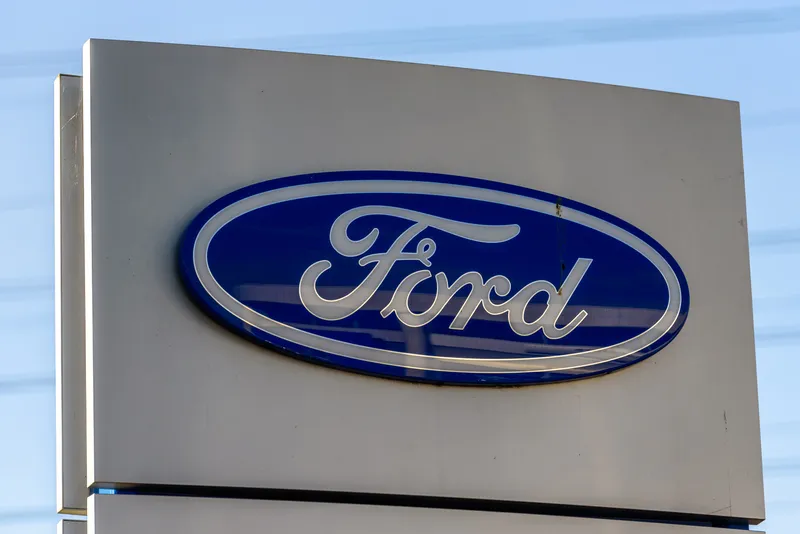
Ford has confirmed plans to invest a combined $29 billion in electric (EVs) and autonomous vehicles (AVs) in its Q4 earnings report.
The US automaker is to pledge $22bn in electrification and $7bn on AVs through to 2025.
Ford CEO Jim Farley said the company is “all in and will not cede ground to anyone” in developing and delivering connected EVs and services in mainstream areas of strength for Ford: pickups, commercial vans and SUVs.
“We are accelerating all our plans – breaking constraints, increasing battery capacity, improving costs and getting more EVs into our product cycle plan,” Farley continued.
The Mustang Mach-E will be followed by the first E-Transit commercial van in late 2021 and an all-electric F-150 pickup by mid-2022.
Farley also confirmed the dedicated manufacturing capacity for EVs will expand around the world.
Currently, Ford is producing EVs - or plans to - in Michigan (F-150), Missouri (E-Transit), two plants in Canada (SUVs) and Mexico and China (Mach-E), with others to follow.
Ford expects the delivery of connected vehicles (CVs) to be enhanced by Team Upshift, a six-year collaboration with Google, which focuses on “data-driven opportunities”.
This may include projects such as developing new retail experiences when buying a vehicle and creating new ownership models based on data, the company adds.
As part of the deal, millions of Ford vehicles will be powered by Android, with Google apps and services built in.
The online giant will also help Ford leverage Google Cloud's artificial intelligence, machine learning and data analytics technologies to modernise operations and power CV technologies.








